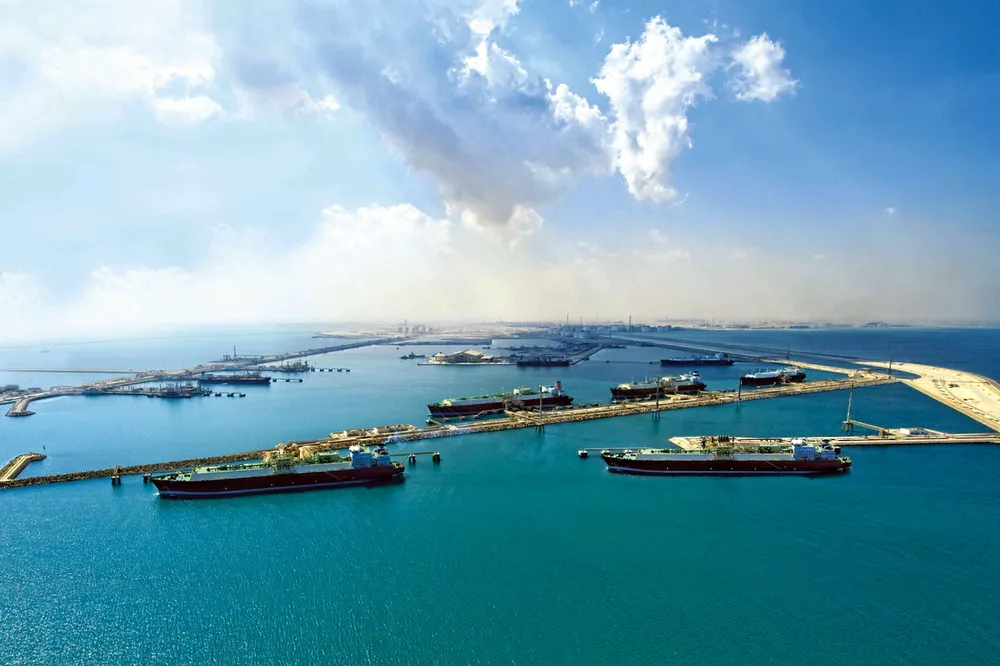QatarEnergy and ConocoPhillips sign landmark long-term LNG supply deal with Germany
Germany will import 2 million tpa of LNG from Qatar starting in 2026, its first long-term LNG supply deal from the Gulf nation

Germany will import 2 million tpa of LNG from Qatar starting in 2026, its first long-term LNG supply deal from the Gulf nation
